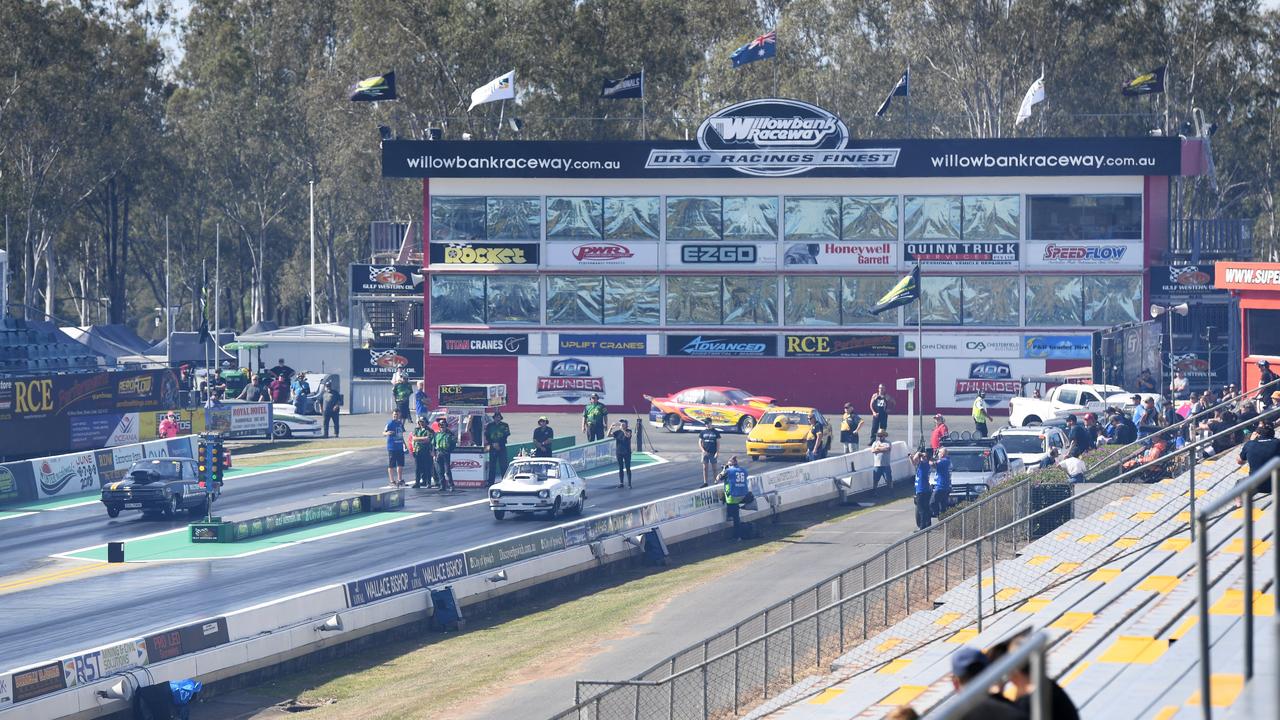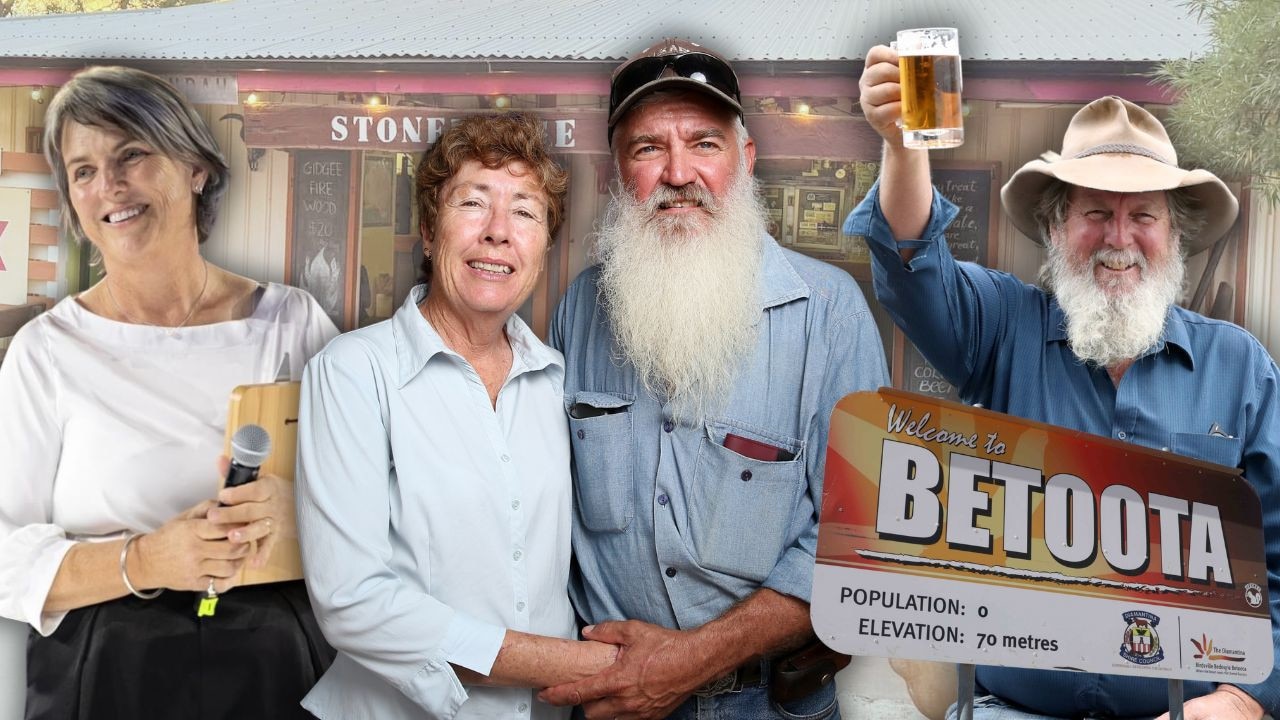Wolston Park victim: 'I got them to believe I wasn't mad'
How a 6-year-old boy beat his abusers at their own game and escaped torture
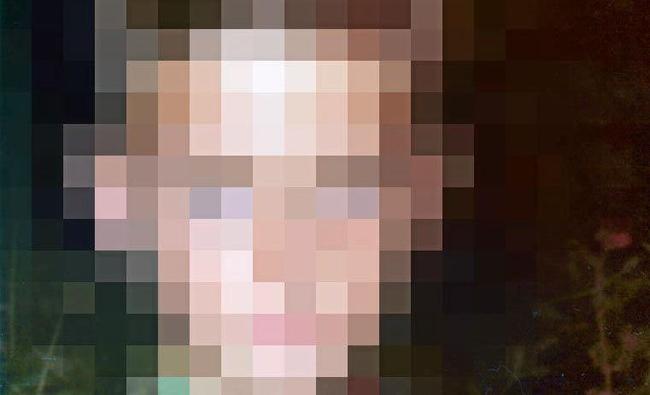
Ipswich
Don't miss out on the headlines from Ipswich. Followed categories will be added to My News.
IT WAS inside the now derelict Wolston Park Centre for Mental Health that a six-year-old-boy outsmarted his abusers and made a break for freedom.
The Wacol asylum was home to children who, now adults, share close to six decades of dark secrets and stories of torture, horror and abuse from the 1950s to 1980s.
One of the patients, who was sent by court order when he was about six or seven, spent months inside the centre, infatuated with his imminent escape home to country Queensland.
It is that story of escape that reveals the true agony and torment children and adults were subjected to.
With records destroyed and the asylum rarely spoken about, the man isn't sure how old he was when he was sent, but he was the youngest patient during his time at the centre.
It was the same young boy who beat the staff at their own game.
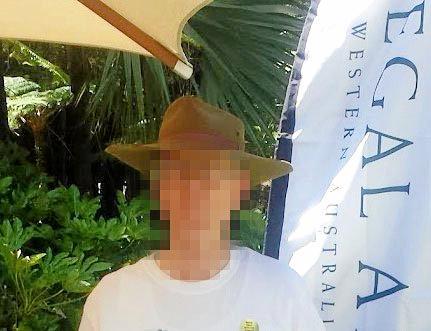
"(A psychiatrist) would hold up his hand to me with his fingers in the peace sign and say how many fingers do you see and I would say five and he was obviously unhappy with that. Sometimes I could see his other hand on the table so I would say 10 and sometimes there would be a person walking in the corridor with their hand in their pocket and another hand holding something so I would answer 15, depending on how many hands I could see," he said.
"They taught me the definition of being mad was believing two incompatible things at the same time so I was trying to demonstrate to them I was not mad because then I could go home and see my parents and my sister and play with my dog and all the sort of things a kid wanted to do.
"I got him to understand. I held up my hand and got the answer from him, I pointed at my fingers that were folded down. I would tell them you told me 'you could only see two fingers and now you're telling me you can see five, you believe two incompatible things at the same time, you must be mad'.
"I was answering exactly the question he was asking. The next time we went to the panel meeting we played that out to them. That was how I got out of there.
"I finally got them to understand I wasn't mad."
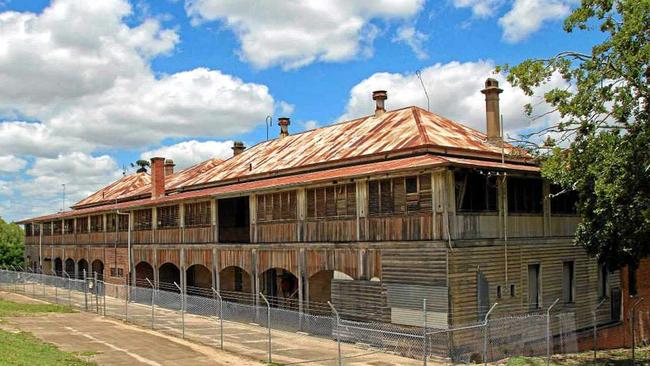
Among the stories of torment, the man says he witnessed systematic rape, intellectual abuse and physical torture.
He was issued with adult-size underwear and no other clothes, he slept in bunkers with a window into a corridor he was too short to see out of and was forced to stand in a doorway and ask for permission to use the bathroom.
"They did the electric shock thing to me. They would cart me off to a room, tie me down in a chair and put this thing on my head and turn the electric current on. My head was so small they had to adjust it, it didn't fit properly," he said.
"I remember the blue flash from it arching across and that horrible smell of burning hair.
"They would tell me that was going to make me better but frankly I think it was more of a matter of social control. I experienced it as a form of torture where they would keep doing it until I answered the questions in the way they wanted me to answer them.
"They'd strap me down and put me on some weird medication stuff and put something in my mouth. I was convinced they were orally raping me. They'd strap me down because when they took hold of me I'd resist as hard as I could. When he tied me down I broke through that. There was a thing that went in your mouth to stop you biting your tongue."
He said he spent every night blocking out the sounds of women being raped and sexually abused.
"On the afternoon shift, between four in the afternoon and midnight, that's when most of the bad stuff happened. It was bath time and meal time so they were stripping people off and hosing them. That's when they had them naked and most vulnerable," he said.
"It was just the most incredible screams you would have out of a horror movie coming from the other building. I would cover my ears and get taught to ignore it, you had to live with it. It happens every night.
"There was one night it didn't happen and it was pretty weird, it was I think Good Friday and a special occasion.
"It stood out, because of the lack of screams that night, I asked 'what is wrong that there were no screams tonight?'
"There was a young lady who, there was something supposedly a bit different about her, she was around 17 or 18, and a couple of the male mental health workers had taken a liking to her and they were, on a systematic regular basis, were raping her, including in front of me. I saw it happen."
The man said patients were issued a number they were expected to respond to and one psychologist gave him the alias name 'Burt'.
"I had a psychiatrist allocated to me, a doctor and he never smiled, he wouldn't refer to me as my name, it was a patient number. It was considered unprofessional to refer to a patient with the name, as unscientific. It was seen as getting too involved with the patients by calling them by their name," he said.
"I was expected to answer to that number."
Five decades later
IT WAS 35 years after he was released from Wolston Park Centre for Mental Health when the man, who was a patient as a child, received support.
The man, now almost 60, lives in Perth having fled the horror he was subjected to as a child in Queensland. He is still in therapy.
He graduated from engineering at University of Queensland and led a long and successful career in the gold and base metals mining industry.
The psychological help he has now was not a benefit he was awarded when he was released in the mid 1960s.
"As poor as things may be they are a hell of a lot better than they used to be," he said.
"It was mid-90s to 2000s that we had a wider acceptance that post-traumatic stress disorder was actually real.
"What is now considered classic trauma symptoms were then signs of failings or madness.
"Their ways of treating things in many ways just compounded things even further.
"I'm working on developing life skills rather than just survival."

